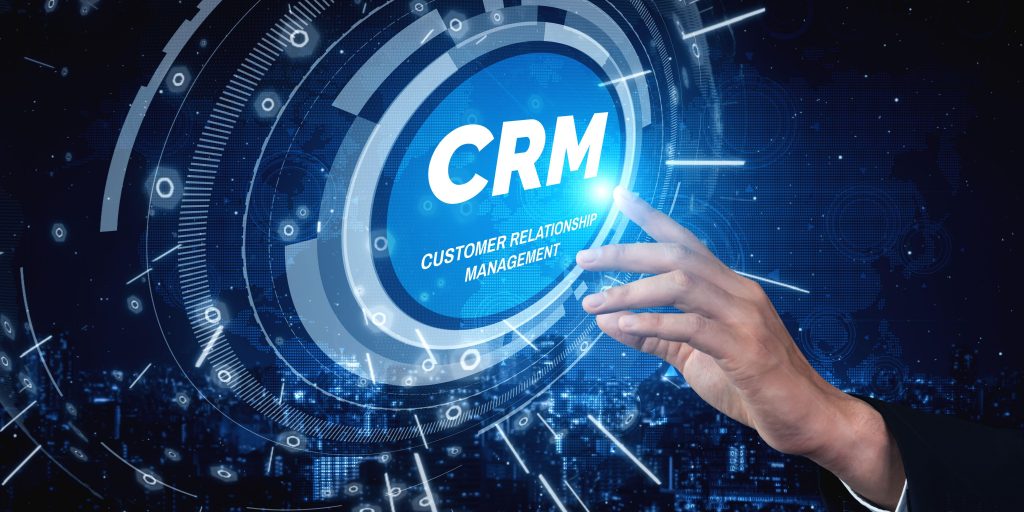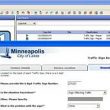CRM beyond sales: How government CRM can improve citizen engagement and satisfaction
Private companies know the value of customer relationship management and CRM workflows. For anyone new to CRM, it is a technology that helps companies manage relationships with current and potential customers. CRM systems help companies manage customer relationships throughout the entire customer life cycle, including sales, ecommerce, marketing and more.
CRMs help organizations focus on relationships with individual customers, which helps maintain customer loyalty. That is why it’s prudent for government agencies to consider CRMs in government technology. Agency constituents expect quality service and representation. Government CRMs enable agencies to easily store and maintain constituent information, which improves service and builds trust between governments and individuals. They also automate workflow and improve efficiency and effectiveness. Plus, these systems easily integrate with existing government technology, making services more accessible through user and mobile-friendly applications.
Although CRMs can play an important role in government digital transformation, it’s important to remember that the public sector differs greatly from the private sector. CRM systems in the private sector, for instance, attract, nurture, and upsell customers. In the public sector, however, CRM systems are more important because they impact constituents’ most important aspects of life, including safety and health. Ultimately, CRM solutions help both private and public entities improve customer relationships and grow business as a whole.
Evaluating CRM data-quality solutions
CRM systems offer many benefits when used with government technology. Adopting CRM in government reduces costs of data storage, security, and overall infrastructure to make data more accessible. In doing so, CRMs help government processes operate much more efficiently to serve the public.
Because government CRM systems are used to provide important services, government leaders need a set of criteria to evaluate the quality of a CRM solution. CRM systems should be evaluated based on security, flexibility, scalability, interoperability, ease of use and the ability to unite everything under user touchpoints. They should also have government CRM workflows, case management, contact center functionality, AI bots, mobile-friendly features, and also include dashboards and reporting. Additionally, government CRM systems should have customizable low-code features for the nuances in government technology and agency operations.
Customization is incredibly important in government digital transformations and government CRMs. Government agencies need to be able to modify their systems to fit their needs, and most importantly, the needs of their constituents. To provide ease of customization, CRMs must demonstrate system extensibility, ease of end-user configurability, support for customization tools, an integrated development environment, the ability to upgrade and more.
Strategies for implementing CRM workflows in government
Government CRM systems signal government modernization, which provides many benefits for agencies and constituents alike, but it’s important to develop a strategy for overcoming any government digital transformation challenges. Here are a few ways government tech leaders can deploy new CRM systems in their agencies or departments:
- Connect CRM applications to serve as a single source of truth
One of the main goals of using CRM systems in government should be to improve service delivery in government to foster engagement. To accomplish this goal, government leaders can start small but think big in the way they collect constituents’ information to serve them more effectively and efficiently.
Having a single source of truth across an organization through a CRM provides accurate and timely insights into constituents to inform agencies of their needs and concerns. Plus, CRM profile databases in private companies allow customer service agents to answer questions as quickly as possible. When it comes to government services, constituents want the same easy access to digital services, and single-source CRM applications make this possible.
- Eliminate or minimize the need for coding
Government employees and IT leaders need their technology solutions to be convenient and easy to handle. When it comes to government CRM systems, government leaders should focus on rich features and reuse components already available. Government digital transformations should include flexible platforms, not just a CRM solution. These types of solutions make it easier for government employees to access data and systems from multiple locations, whether they are working in the physical government building, working from home, or are in transit. Notably, more than 70 percent of CRM users prefer a simple CRM over a complex one. One way to accomplish this is through low-code models that reduce the amount of manual coding, set-up time and training costs.
- Back up all data before major migrations
Before implementing a new CRM system, back up data to CSV or Excel to avoid losing data. Data losses can cost businesses as well as government agencies and departments millions of dollars and important information. Many organizational leaders assume that SaaS systems automatically back up files or do not need them, but that is not often the case. It’s better to be safe and back up files in anticipation of a new CRM system.
Governments can use CRMs to streamline services and reach constituents more easily, but it’s important to prepare for a digital transformation involving government CRMs. The goal of the CRM is to increase constituent engagement, but this requires ease of use and convenience. By following the above strategies, government departments can get the most out of CRM systems to the benefit of constituents.
Prashant Mehta is senior vice president of customer collaboration at Kyra Solutions, a trusted government partner specializing in the art and science of digital transformation and modernization. Kyra Solutions understands the pain points government agencies face and provides forward-thinking solutions that help capable employees carry out their best work.




















Really insightful article! For everyone looking for an efficient CRM solution, I can recommend taking a look at EspoCRM. This is an open-source platform that can be easily configured to fit the needs of governmental institutions. It provides the ability to securely organize and manage data, track activities (calls, meetings, tasks, etc.) and manage email communication. In fact, the platform centralizes all information and documents and allows users to gain quick access to information when needed.